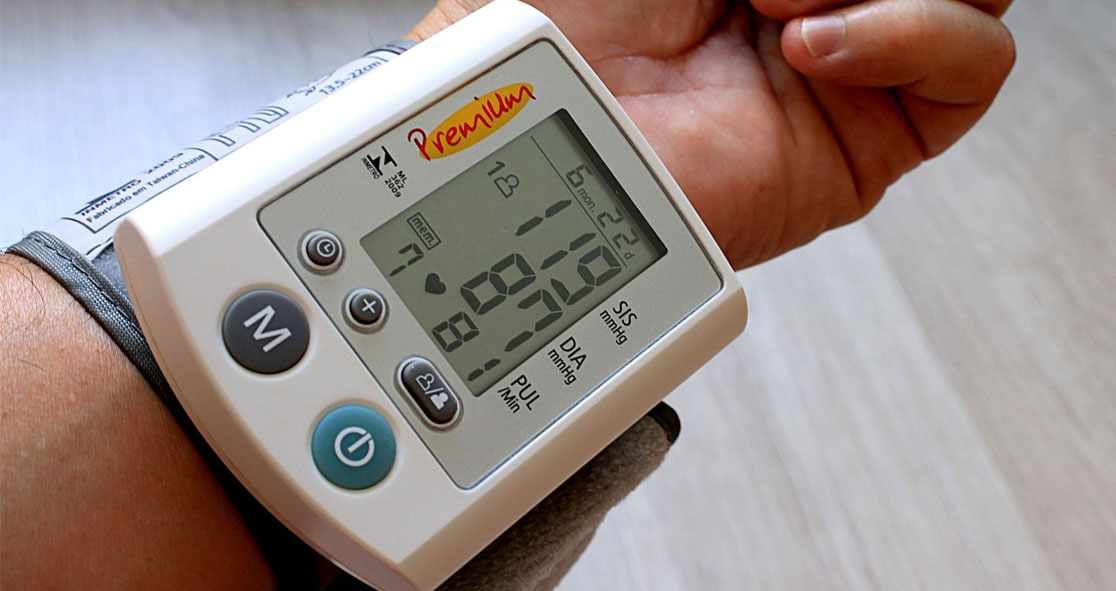New research has found that patients had a significant improvement in their blood pressure and cholesterol levels after using a remotely-delivered, algorithm-driven digital program for disease management.
The research was presented Tuesday at the American Heart Association’s Scientific Sessions 2020. It was also simultaneously published in the journal Circulation.
Uncontrolled hypertension and poorly-controlled hypercholesterolemia could increase the risk of strokes, heart attacks, and even cardiovascular deaths. Therefore, it is imperative to receive proper care through medications and lifestyle modifications.
Researchers at Brigham and Women’s Hospital in Boston, Massachusetts, used digital tools to conduct the algorithm-driven, hypertension and hypercholesterolemia management program.
From January 2018 to May 2020, the team screened more than 18,800 patients and enrolled 5,000 patients into the cholesterol program, or the hypertension program, or both.
Lead author of the study Dr. Benjamin Scirica said, “To better control cholesterol and blood pressure, both of which are major cardiovascular risk factors, we need new end-to-end treatment solutions that improve patient identification, data collection, education and care delivery, including standardizing medication regimens.”
“We are redefining treatment pathways to address persistent gaps in health care, overcome clinical inertia and address the problems of limited access to physicians by expanding remotely-delivered care,” he added.
The study participants received digitally connected blood pressure cuffs to monitor their blood pressure at home. Pharmacists and support staff used the algorithms to initiate and titrate medications at preset intervals until treatment goals were achieved, according to Science Daily.
The researchers found that the patients who completed the program had an overall reduction in bad cholesterol by 42%. They also found an average 14/6 mmHg (systolic/diastolic) reduction in blood pressure levels.
Dr. Scirica said, “This is an effective and efficient strategy to care for high-risk yet undertreated patients and to optimize guideline-directed therapy. Specialized out-of-office treatment for cholesterol and blood pressure control reduces the need for in-person visits and allows for collaborative decision-making in-patient care.”
“The results of our study provide a model for expanding remote health care delivery to increase access to care, to help reduce health inequities and to improve health care quality,” he added. The article originally appeared on Science Daily.























